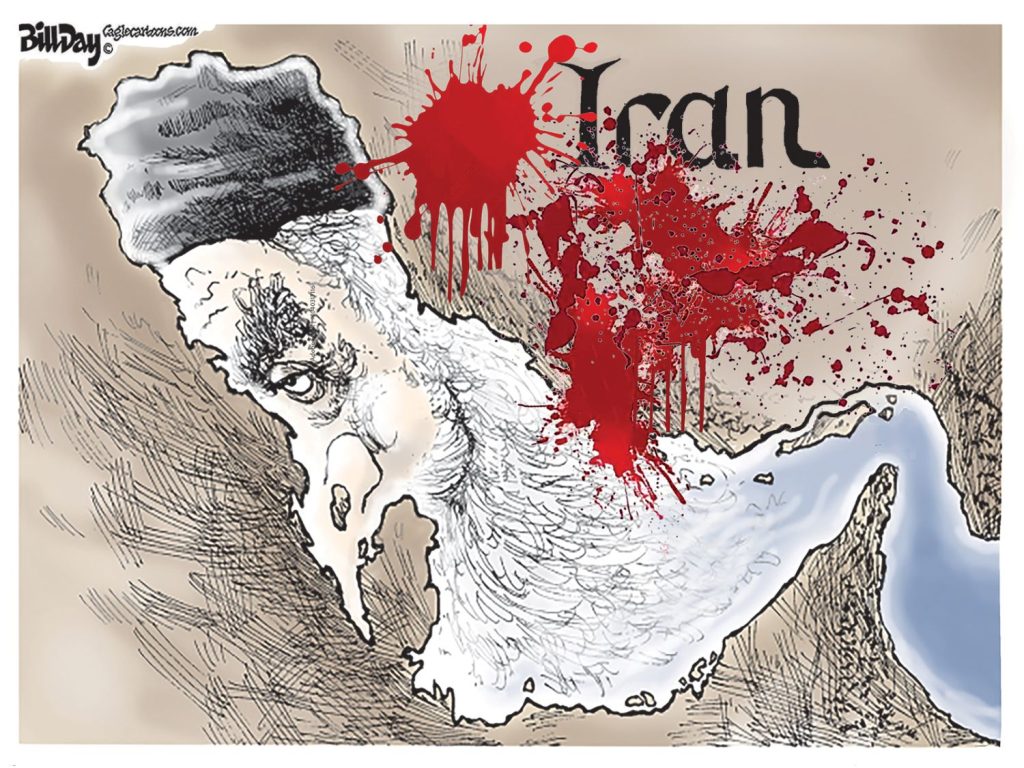By Cardell Orrin
A new Tennessee state law was passed that specifically targets Memphis-Shelby County Schools (MSCS). It allows the Shelby County Board of Commissioners to change the election cycle for school board races to align with the County Commission’s cycle. This change would cut short the terms of five recently elected school board members.
Alright, let’s dig into this a bit more and why it’s not a great idea.
Clearly, this was meant to respond to issues people felt with the Memphis-Shelby County School Board after the termination of Superintendent Marie Feagins. State Representative Torrey Harris seemed to lean towards supporting Feagins and State Senator Brent Taylor is always just on a path to assert power and control over Memphis & Shelby County with extra points if he can cast aspersions on Black folks and Democrats whole doing it. Even if Harris meant it with good intent, when he supported the amendment that unconstitutionally abridges elected officials’ terms, he crossed over to supporting undemocratic, Republican ideals to assert power and harm Black folks and Dems. This is just another step the Repubs want towards power and control and some of our leaders are fine being complicit with it and ready to march us all right through the door.
Let’s look at some of the issues that Harris and Taylor raised in support of this. You can read the article, but this is all about shifting school board elections to make them all elected at once (on the same cycle as the County Commission)…sure, this sounds like a good idea, but it doesn’t hold up to scrutiny. It does have one good idea…to allow term limits for school board similar to County Commission. Almost everyone agrees with that, so why not just do that? Well, see what I wrote above.
Cutting the terms of school board members elected last year is also likely unconstitutional and we can expect litigation if the Commission passes this. The sensible thing to do would be to use Shelby County Commissioner Henri Brooks’ substitute amendment to put term limits in place, trying to pick a rose from the thorns of the rest of this law’s provisions. This puts the power back into the hands of the voters, rather than forcing additional changes with no net positive results.
The Issues
To the issues…first, the main one that doesn’t make sense…it saves money the county can use for other things. I’ve heard Harris say this and can’t figure out where it comes from. Even if we don’t have school board elections, every 2 years we have state and federal primaries in August…that’s county-wide, so no savings just from not having school board elections on the ballot. This argument was a real head scratcher, because I really can’t figure out why you would use this argument unless it’s counting on people not knowing the election cycles.
Next one…we should put the elections on the same cycle as the majority county elections because more turnout means better results in terms of who’s elected. One, this is a part of the dig at school board members elected last year and it sets the argument for why this is punitive and an attempt at de facto recall (Taylor admitted on BTH to this). In fact, it should be a problematic argument for state reps and County…because guess who else gets elected in low turnout elections? Them!
State reps making the argument about a low turnout election last year were elected in that very same election for their primaries. Because of gerrymandering, the winners in the primary are pretty much the winners of the election. So, if the lower turnout is an indictment on the quality of the school board, then someone might want to hand the state reps a mirror. Similarly, due to gerrymandering, County Commissioners are pretty much elected in the primary elections in May. The turnout in those May elections is pretty much the same low level as the August elections in off-years. So, once again, if County Commissioners are talking about the value of people elected in lower turnout elections, they too need a mirror.
If we look at this more holistically, the issue is voter turnout…where we have some of the lowest turnout in a state that has some of the lowest turnout. If that’s the problem, let’s build solutions for that for every election. Let’s invest resources in actually informing and supporting people to turnout for elections…see the efforts of Shelby County Voter Alliance. Again, this misdirected law isn’t addressing the real issues.
Another Poor Idea
Next, you get to the poor idea of taking away staggered terms. We should be looking at moving the County Commission and City Council to staggered terms, not taking it away from the one body (besides state senate) with this reasonable measure. Putting all the school board seats up at one time risks having wholesale shifts in the body from one election to the next. Having addressed the other reasons for moving the school board elections, this is just additional potential harm to name. While I’m on this subject, Harris raised an issue recently about the school board not being in compliance with state law. It’s another interesting lesson in poor policy making how we got to the current segmenting of school board districts for the staggered elections (that aren’t just odd and even districts in alternating years)…story for another time. Anyway, the school board districts/elections are still in compliance with state law because a private act (Norris-Todd Act) was passed that allowed the County Commission to set out redistricting and apportionment of school board districts. This is misdirection from Harris, because to put them in alignment with state law and intent would maintain staggered terms and just figure out how to shift it back to odd/even.
County Commission Chairman Michael Whaley is bringing this measure (with Commissioners Britney Thornton and Mick Wright), and this seems to be another step towards some political wrangling or goal from him that we can’t discern now. It does seem that Whaley is aligning with Seeding Success on multiple fronts and this might be another of them…noting Seeding Success’ support for the state takeover (with Memphis Lift). Thornton and Wright may see this as justification in their support for Feagins and their attacks on school board members and the district to varying degrees.
A couple more political considerations… Shelby County has the “big ballot” every 8 years with judges and DA, and this would just add to the issue of a really long ballot. For those of us who get involved in elections, whether that be folks running, endorsing, donating, working, etc…it’s helpful to stagger elections and not have everything all together on a massive ballot. Doing this actually favors people with greater resources (to be able to play in more elections), and can harm more grassroots efforts that have to manage their time, capacity, and resources more diligently.
I think that’s most of the policy and political swirl around this issue. Interested in questions, comments, and other thoughts on the issue.
—
Side note – We (Memphis voters) actually voted to make the Memphis City Council elections staggered based on recommendations from the last City Charter Commission. That group of charter changes also moved city elections to November of even years (rather than October of odd years) with the same idea that more voters for city elections would be a good thing. City Council members, led by Jim Strickland, didn’t like the move to even years or the staggering, so put it back up for vote to overturn those measures. They were able to do that with the wording of the subsequent charter referendums on the ballot and there was really no active campaign for or against them…as there was much more public information and media coverage of the charter changes in the previous election cycle.
**
Cardell Orrin is Tennessee executive director for Stand for Children, a nonprofit organization that works with parents, educators, and community leaders to advocate for education policies focused on ensuring students graduate from high school prepared for, and with access to, a college education or career training. He is actively involved in a number of Memphis and an advocate for progressive and smart public policy.



